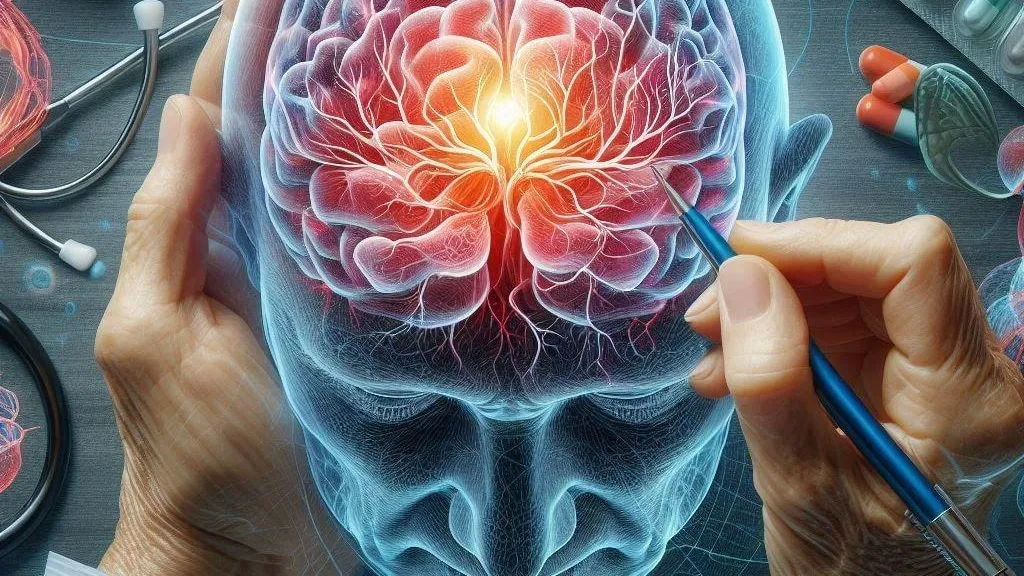Alzheimer's Disease and Its Impact on Cognitive Decline

Understanding Alzheimer's Disease
Alzheimer's disease (AD) is identified as the leading cause of dementia, accounting for approximately 60-80% of dementia cases. Memory loss, the most recognized symptom, is often discussed extensively. However, Alzheimer's effects extend beyond memory loss, and it is one of the significant causes of morbidity and mortality in the elderly.
Impact on Society
In India, Alzheimer’s disease affects more than 1 million individuals. It can impact a person’s ability to carry out basic daily activities. While many believe it’s impossible to prevent or reverse Alzheimer's, there’s much we can do as a community to manage its impact and support early care for physical and mental health.
Causes and Risk Factors
- Combination of genetic, environmental, and lifestyle factors.
- Associated with overproduction and impaired clearance of amyloid beta peptides.
- Tau protein abnormalities influence progression.
- Risk factors include advanced age, family history, and genetic mutations.
- Hypertension, obesity, and diabetes elevate the risk, especially in midlife.
Recognising the Signs
Early signs of Alzheimer's often begin with short-term memory loss, progressing to difficulties with language, confusion, mood swings, and behavioral changes. Although primarily associated with older adults, Alzheimer’s can also affect younger individuals.
Diagnosis and Treatment
- Clinical assessment focusing on memory decline and cognitive impairments.
- Neuropsychological testing and neuroimaging studies support the diagnosis.
- No current cure, but treatments offer modest symptomatic relief.
- Newer amyloid-targeted therapies may benefit individuals with mild dementia.
Prevention Strategies
Alzheimer’s cannot be entirely prevented, but lifestyle modifications can mitigate risks:
- Regular physical activity and cognitive engagement.
- Managing hypertension is crucial for reducing risks.
- Adopt a Mediterranean-style diet.
This article was prepared using information from open sources in accordance with the principles of Ethical Policy. The editorial team is not responsible for absolute accuracy, as it relies on data from the sources referenced.